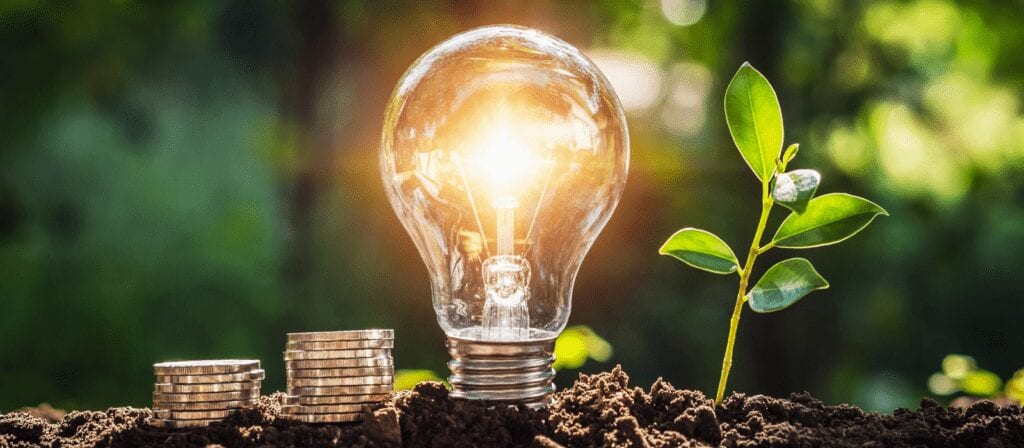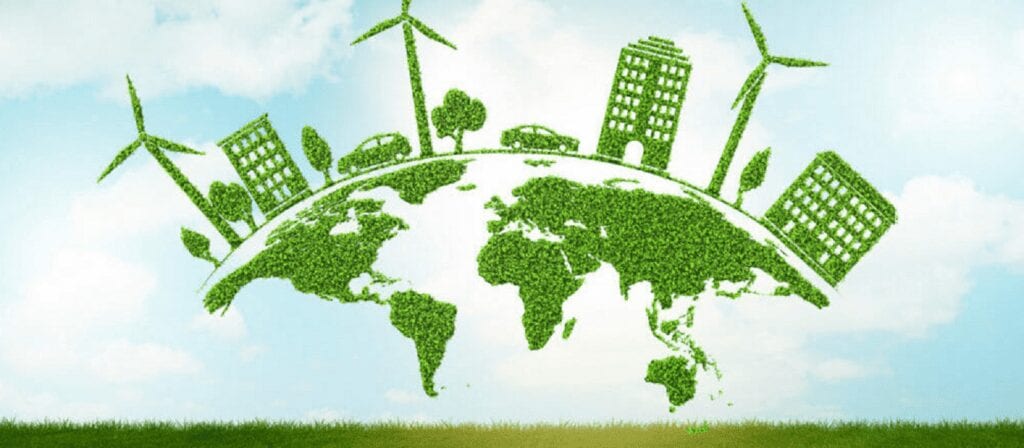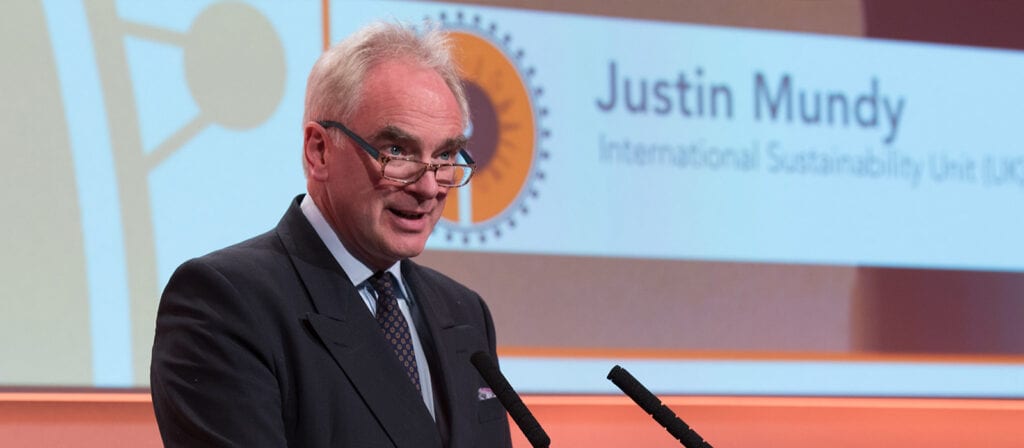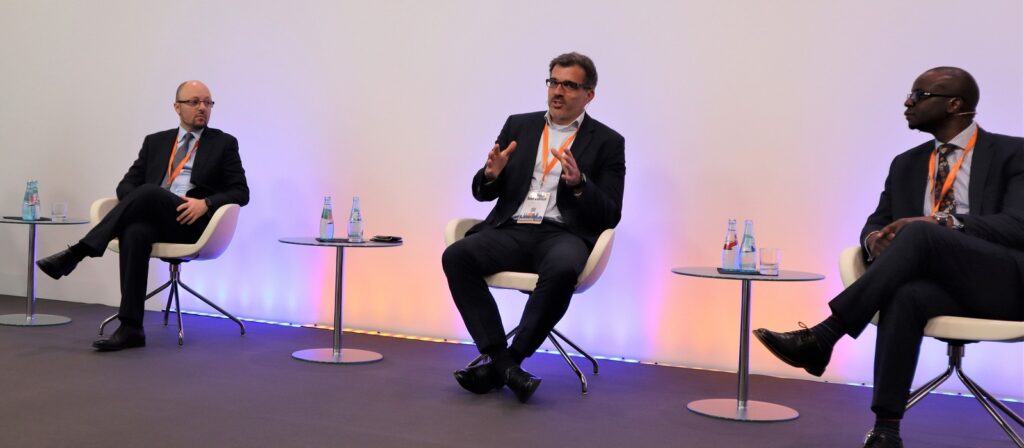At its core, sustainability means to maintain and ideally improve our wellbeing. Everything from our health to making a decent living, accessing the products and services that we need and want and being able to do the things that bring us joy and fulfilment. A more serious and accurate definition of sustainability is our ability to thrive as a species on this planet which is our only home.
There is a common imperceptible and yet profound change in mindset to embrace sustainability. This change in mindset is gaining more attention for two reasons. First, is that some of the very conditions necessary for human life are threatening to disappear (consequences of climate change); and second, is the recognition that we are responsible for the situation that we find ourselves in today. By our decisions and actions governments, capital providers, companies and consumers are contributing to biodiversity loss, climate change, pollution, wealth inequality and growing social unrest, social rights violations, and discrimination.
The change in mindset to sustainability is manifested by the growing convergence on a common understanding of what it means and what we need to do to achieve it. We are collectively becoming aware that the issues we face are not only global in nature but that the three dimensions of sustainability, our economic, social, and environmental wellbeing are both interconnect and concurrent.
The global community is also converging on a common definition of sustainable development – development that meet the needs of the present without compromising the ability of future generations to meet their own needs. The 17 Sustainable Development Goals (SDGs) adopted unanimously by all nations of the United Nations in 2015 are the closest thing world has to a sustainability strategy.
What does this convergence of understanding and awareness of sustainability mean?
First, that the solution to these global systemic issues must be global and holistic. We must work together at the same time at solving the same problem with the same goals. Second, we must measure and manage the positive and the negative social and environmental impacts of our economic activity. Third, we must rethink how we measure development beyond GDP to include measure of social and environmental wellbeing.
Not all sustainability issues affect all companies and proper integration of sustainability rests on the proper identification of material issues which can be defined as those which substantively affect the organisations’ ability to create value over the short, medium, and long term.
Some essential ingredients to the concept of sustainability are:
- a much wider lens through which to assess risks, including those previously thought too uncertain to predict are too unlikely to consider;
- a much longer assessment horizon one – that goes beyond our own lifespan and allows us to make the right decisions even when we are not the ones who will enjoy their benefits;
- and a much broader embracement of the collective we to include all human beings those who are present today and those of the future.
There is a direct connection between how well a company manages it material and ESG risk and opportunities, and its ability to generate cashflows or value for itself, as well as its ability to reduce negative impact and increase positive impact. Profit and impact are becoming the competitive norm.
Perhaps most importantly, the convergence of awareness and understanding of sustainability is igniting a sense of urgency to act.
In the face of global warming, biodiversity loss, water pollution and pervasive social inequality if we do nothing, we are collectively running into a wall.





